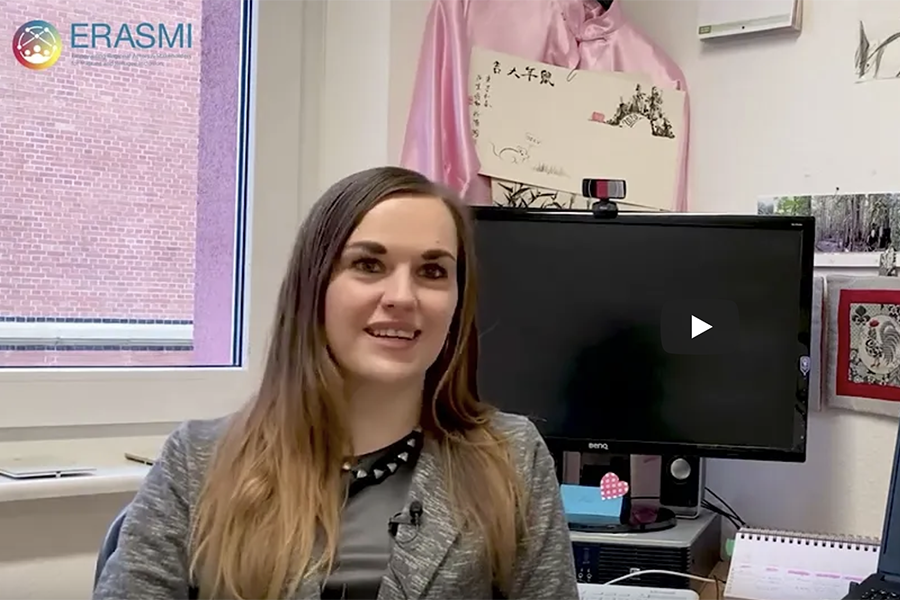The big 5 mistakes that make a network meeting unproductive
Your meetings last for what feels like an eternity, and afterwards, you’re just exhausted and not a bit smarter? Then it may be due to these five mistakes that you should avoid as soon as possible:
- The meeting is not necessary
It may sound banal, but this is often the crux of the matter. Before you schedule a meeting, ask yourself: Is all the information already available so that a meetup makes sense? Can the matter be communicated via a circular email? Are there concrete reasons for the meeting, or is it just a habit? Team meetings with no content are not effective – Can the frequency of meetings be reduced? - The meeting is not planned
More critical than an unnecessary meeting is a meeting without planning. Consequences include jumping back and forth between topics, members unable to speak to the issue at hand, and drifting into private conversations. Sounds familiar? We have the following tips to combat this:When planning the meeting, ask yourself if the topic concerns all network members. Is it perhaps enough to sit down briefly with the core team and then inform everyone via a circular letter? It helps to streamline meetings.To keep the meeting focused and on target, set an agenda. It should consist only of the key items. Plan a rough time frame for each item; include breaks. This plan should be sent to all participants at least one day before the meeting. It will give them enough time to prepare for the topics.
Nominate a moderator. The moderator gives the meeting a structure, summarizes key findings, and keeps an eye on the agenda and the time.
- Participants are unprepared
If you choose your participants carefully and send out the agenda in advance, you may avoid the third big mistake: unprepared participants. Tough, vague meetings in a tense atmosphere are a thing of the past. Especially if participants prepare their speeches according to the agenda. - Disregarding times
Starting on time is crucial – otherwise, attendees may think the meeting is unimportant. But times (also referring to breaks!) should also be respected during the meeting. That promotes a concentrated exchange and ensures that no topic is neglected. If new issues arise during the meeting, they address them in a follow-up meeting. - No documentation of results
Keep resolutions and tasks in writing. A week after the meeting, you will have forgotten half of them – time-consuming queries are the result. So record who takes over which tasks and set deadlines already in the meeting.With these tips, your next meeting is sure to be a success! If you want more valuable tips for professionalizing your network, we recommend you to take a look at our Multi-Actor Collaboration Toolkit. This modular toolkit consists of clear categories that help you promote your network according to its needs. Get new food for thought directly on our Erasmi site!





